Moves to review East African Community Treaty underway
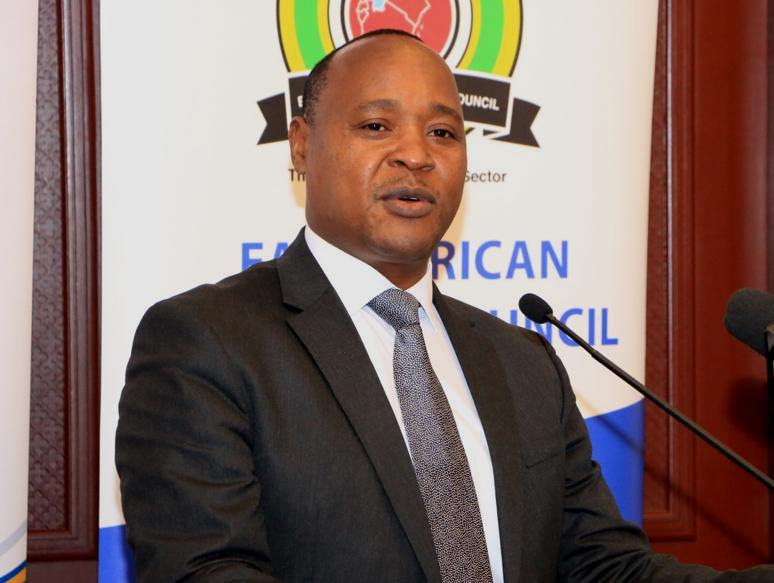 Speaking in Nairobi recently, Dr. Mathuki said he is optimistic that there is considerable goodwill for a review.
Speaking in Nairobi recently, Dr. Mathuki said he is optimistic that there is considerable goodwill for a review.
There are moves to begin a review of the Treaty that set up the East African Community (EAC) in light of the new challenges facing the economic bloc and an open invitation to the Democratic Republic of Congo to join the current six member states of Burundi, Kenya, Rwanda, South Sudan, Tanzania and Uganda.
The EAC Secretary General, Dr. Peter Mathuki said, “There is a need for a comprehensive review of the Treaty and other legal instruments to reflect current EAC membership and provide mechanisms of resolving ongoing challenges. I am optimistic that there is a lot of goodwill around this, as this was also echoed by the President of the United Republic of Tanzania, Her Excellency Samia Suluhu Hassan, during the recent courtesy visit to by the EAC Secretariat.”
Dr. Mathuki was speaking on Friday during a CEO roundtable breakfast meeting organised by the East African Business Council (EABC), in Nairobi. He said the EAC Secretariat in Arusha is working on reviewing the Treaty which entered into force on July 7, 2000 following ratification by founding members Kenya, Tanzania and Uganda.
Although the EAC has been recognized as one of the fastest growing economic regions in Africa in recent years, posting an average 4pc to 5pc annually before the Covid-19 pandemic, it is also beset by several handicap inhibiting that growth.
Dr. Mathuki did not go into details however cross-border trade is being hurt by discriminate use of non-tariff barriers in spite of a commitment to a common market. South Sudan continues to be weighed down by political instability which often sparks into violent conflict while Rwanda and Uganda have failed to resolve their differences resulting in a closed border. Full attendance of the EAC Heads of State Summits has also become a rarity.
In his remarks to representatives of Kenya’s private sector and specifically countering the Covid-19 pandemic, Dr. Mathuki said a coordinated approach is crucial.
“EAC (Secretariat) is working on strengthening partnerships between the private sector and EAC Partner States’ governments, to jointly establish investment in vaccine manufacturing, to ensure the region can produce and avail vaccines to East Africans. Truck drivers transporting goods across the region should also be included among the priority groups who need to be vaccinated,” Dr. Mathuki said.
The Secretary General said a harmonized framework for a collective response by Partner States to COVID-19 in the region through the EABC and EAC Technical Working Group (TWG) launched last month was also being developed.
Kenyan private sector players have expressed optimism in making steps towards recovery of Covid-19, following a commitment by the Secretariat to prioritise strengthening public-private sector partnerships between the private sector in the region and EAC Partner States governments, to jointly invest in vaccine manufacturing in the region.
Adan Mohamed, the Chairperson of the EAC Council of Ministers and Kenya’s Cabinet Secretary for EAC and Regional Development, reaffirmed the commitment to improving the business climate in all EAC Partner States through stronger Public-Private Dialogues (PPD).
“We are also currently in the process of building a Ksh.5 billion cross border market at the Kenya-Uganda border which is set to increase cross border trade,” he said.
Dr. Kevit Desai, Principal Secretary, State Department of EAC said that there was need for strengthened coordination on infrastructure spending to speed up development in the region.
The East African Legislative Assembly Speaker, Martin Ngoga, urged the business community to avoid getting entangled in national politics and form a unified front.
.

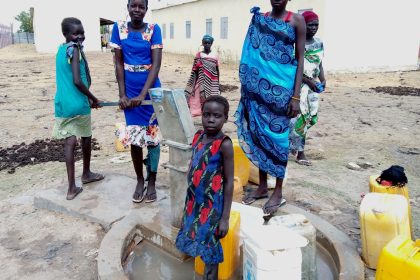 Unpacking results-based financing: balancing strengths with weaknesses
Unpacking results-based financing: balancing strengths with weaknesses
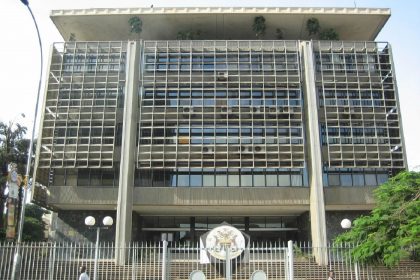 Mergers and degradations predicted as Uganda lenders move to comply with higher capital thresholds
Mergers and degradations predicted as Uganda lenders move to comply with higher capital thresholds
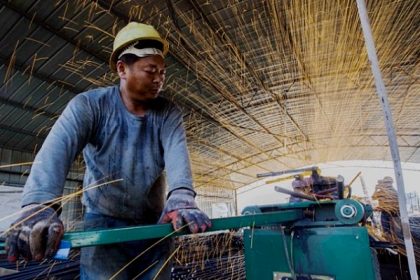 Regional tentative policy to govern cross-border labour gets approval
Regional tentative policy to govern cross-border labour gets approval
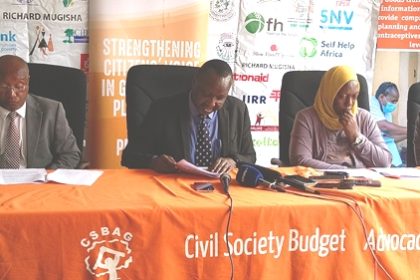 Uganda on edge of debt distress, needs 35 years to settle domestic arrears
Uganda on edge of debt distress, needs 35 years to settle domestic arrears
 Uganda raises purity standards for tin exports
Uganda raises purity standards for tin exports
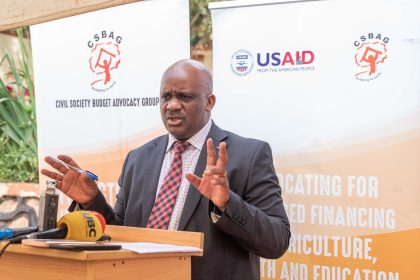 CSBAG warns fiscal indiscipline and runaway graft a threat to Uganda’s economic recovery
CSBAG warns fiscal indiscipline and runaway graft a threat to Uganda’s economic recovery
